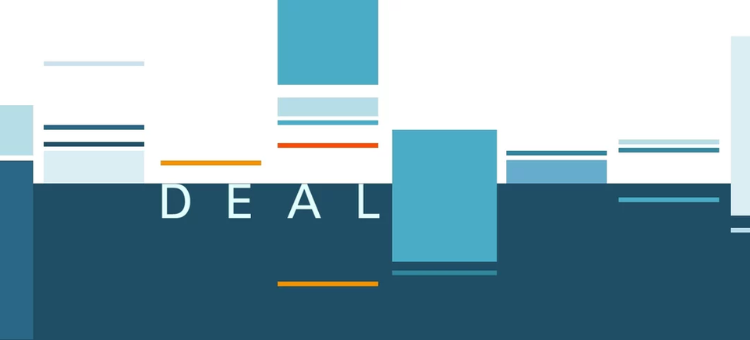DEAL Advocates for CC BY as Preferred Open Access License

Germany’s nationwide Projekt DEAL consortium, initiated by the Alliance of Science Organizations, negotiates new publishing models to ensure open access to research results from Germany. DEAL is launching an information campaign under the slogan “OPEN ACCESS MEANS CC BY”.
This campaign aims to raise awareness among scientific authors in Germany about the significance of selecting the right license for their open access publications. They encourage authors to prioritize the Creative Commons Attribution (CC BY) license, maximizing the reach and impact of research.
The DEAL consortium’s initiative is driven by the need to reduce the prevalence of non-commercial licenses (NC licenses) in open access publishing, which present numerous issues. They limit research reuse and distribution, often granting publishers exclusive commercial rights. By choosing CC BY, authors can avoid these pitfalls and ensure their research is freely and widely accessible.
Limitations of “Non-Commercial” Licenses:
- Exclusive Commercial Rights to Publishers: Authors must assign reserved commercial rights to publishers, who can exploit these rights without the author’s consent.
- Commercial Exploitation: Authors may lose out on monetization their research, if their published work is commercialized by licensing it to AI companies or other commercial entities.
- Legal Uncertainty: Since the definition of “non-commercial” is vague, it leads to confusion about permissible uses (particularly in collaborations between public and private sectors).
- Not True Open Access: Non-commercial licenses contradict open access principles, as they do not align with the Berlin Declaration on Open Access (open access works as licensed for any responsible purpose, including commercial use).
Advantages of the CC BY License:
- Maximized Reuse and Dissemination: Allows others to distribute, remix, adapt, and build upon your work, even commercially, as long as they credit you. This enhances the reach and impact of your research.
- Legal Clarity: Uses straightforward terms for improved clarity.
- Alignment With Open Access Principles: Aligns with major global open access declarations and is the preferred choice for many research funders and organizations.
Choosing CC BY license protects unintended commercial exploitation. The DEAL consortium urges authors to make the smart choice and select CC BY when publishing open access.




